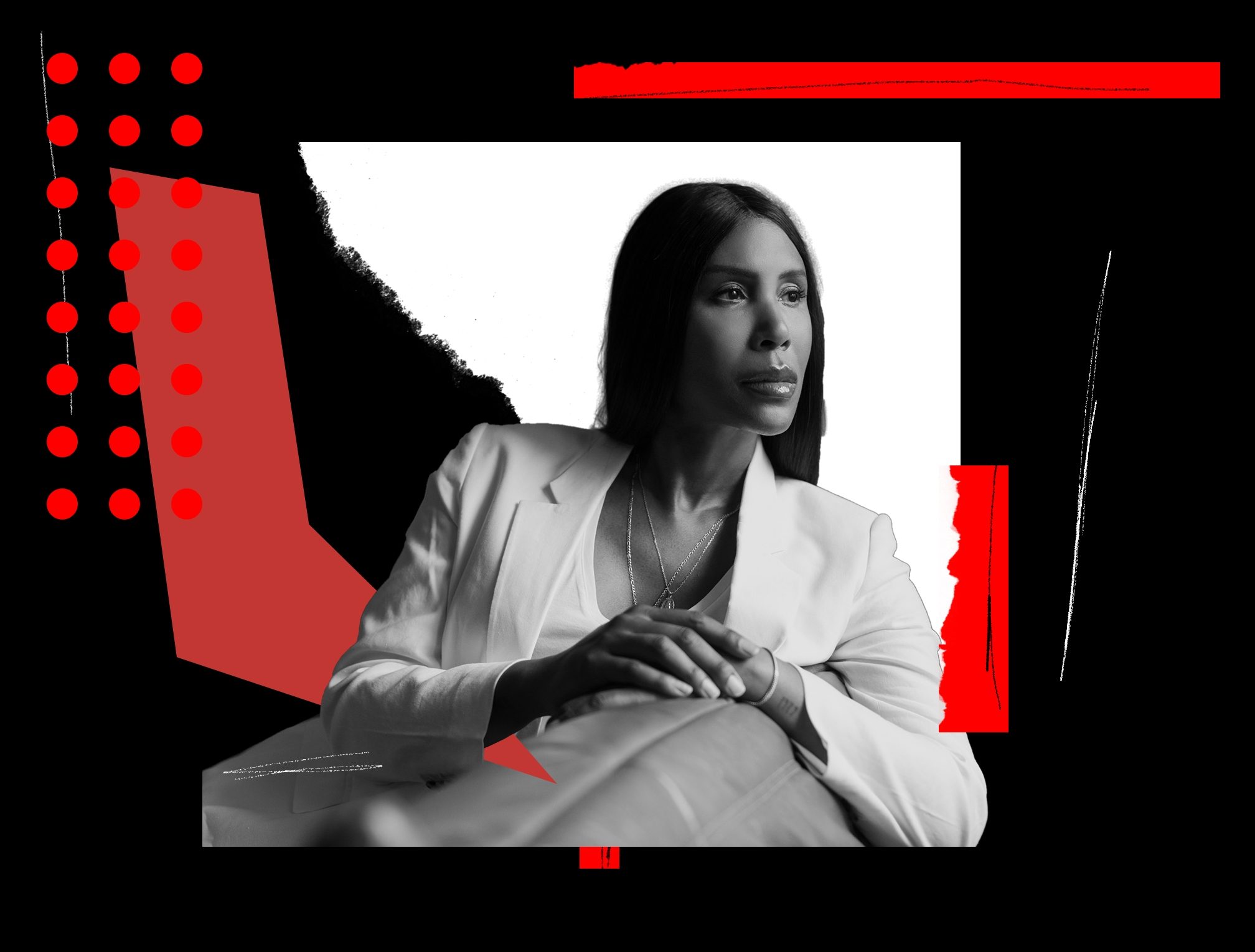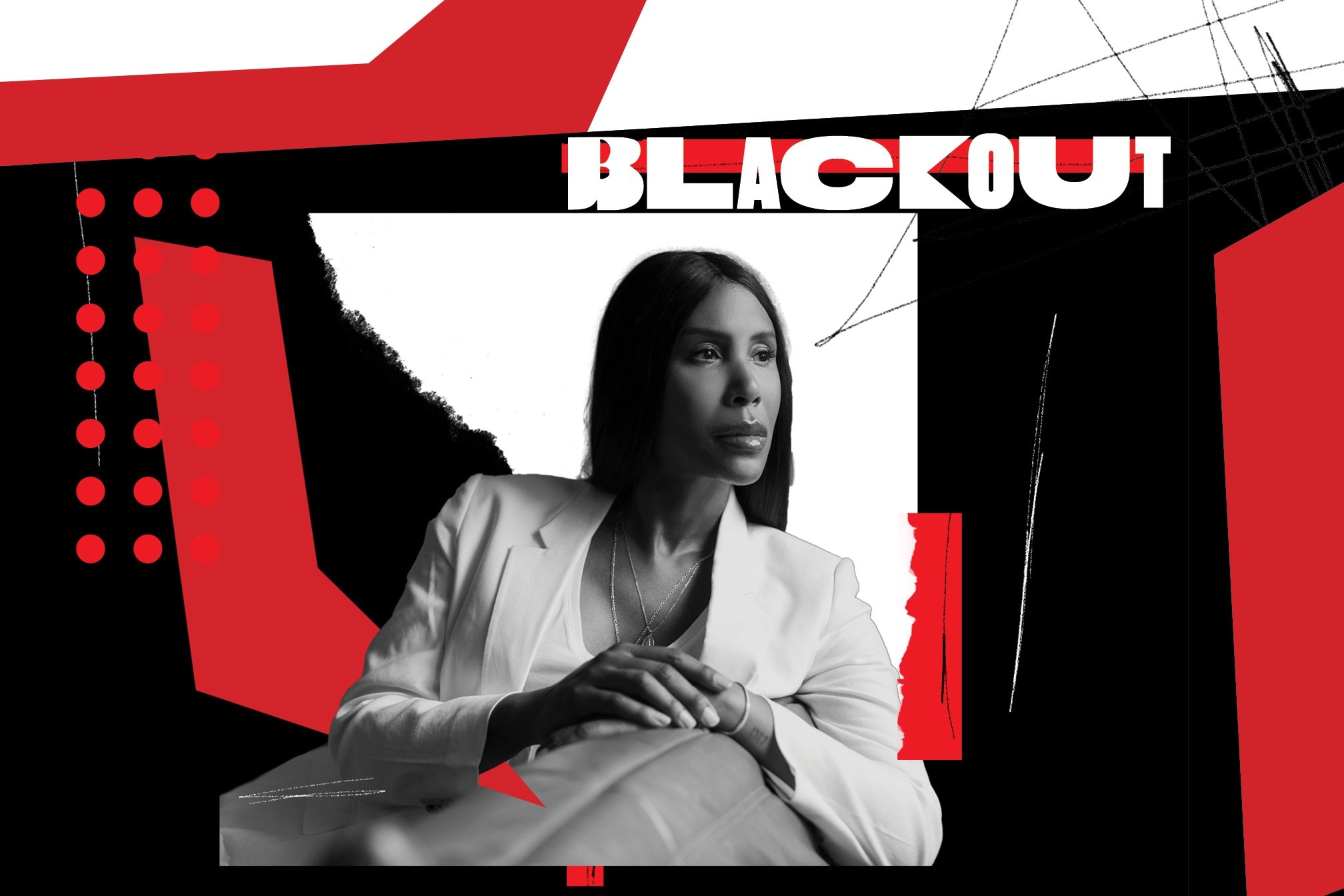 Features
Features
Honey Dijon: "Dance music has been colonised"
Honey Dijon talks to Ash Lauryn about the impact that the Black Lives Matter movement has had on dance music
If you know anything about house and techno music, you know that it was birthed in the Black and Latino queer community and is immersed in deep political roots. As we find ourselves living amidst a modern day civil rights movement, conversations as such are coming to fore, and it's quickly becoming apparent that many of us in dance music are not in agreeance regarding issues of race and politics. While they both hold vital roles in creating the music, unfortunately, some are quick to dismiss these claims. As a prominent DJ and producer and a Chicago native and trans Black woman, Honey Dijon embodies dance music's roots to their core and has been rocking dancefloors unapologetically for over two decades. Moving to NYC in the late 90s Honey got a first-hand experience of nightlife culture and started creating a name for herself, while also working with established Black DJs like Tedd Patterson.
The historical roots of dance music tell stories of legendary clubs like The Warehouse in Chicago or Paradise Garage in NYC. When studying these venues, you quickly learn that they were sacred spaces created for queer people of color. An oasis where things like gender and sexuality no longer mattered; it was about the music and the feeling that it brought. It was about acceptance, love, and freedom of expression. Fast forward to the modern day scene, and it seems we've somehow steered away from those cultural roots, and Black artists are now the subjects of extreme marginalization within a scene we birthed and built. As Honey puts it, "the scene has been colonized." Whether it is festival headliners or booking agents, you see much fewer people of color these days. Why is that, and what significance do these conversations hold? What can we do as a scene and an industry to get back to the foundational roots of house and techno music? I spoke to Honey Dijon to gain insight into these issues and the effect that the Black Lives Matter movement and death of George Floyd has had on the electronic music community.
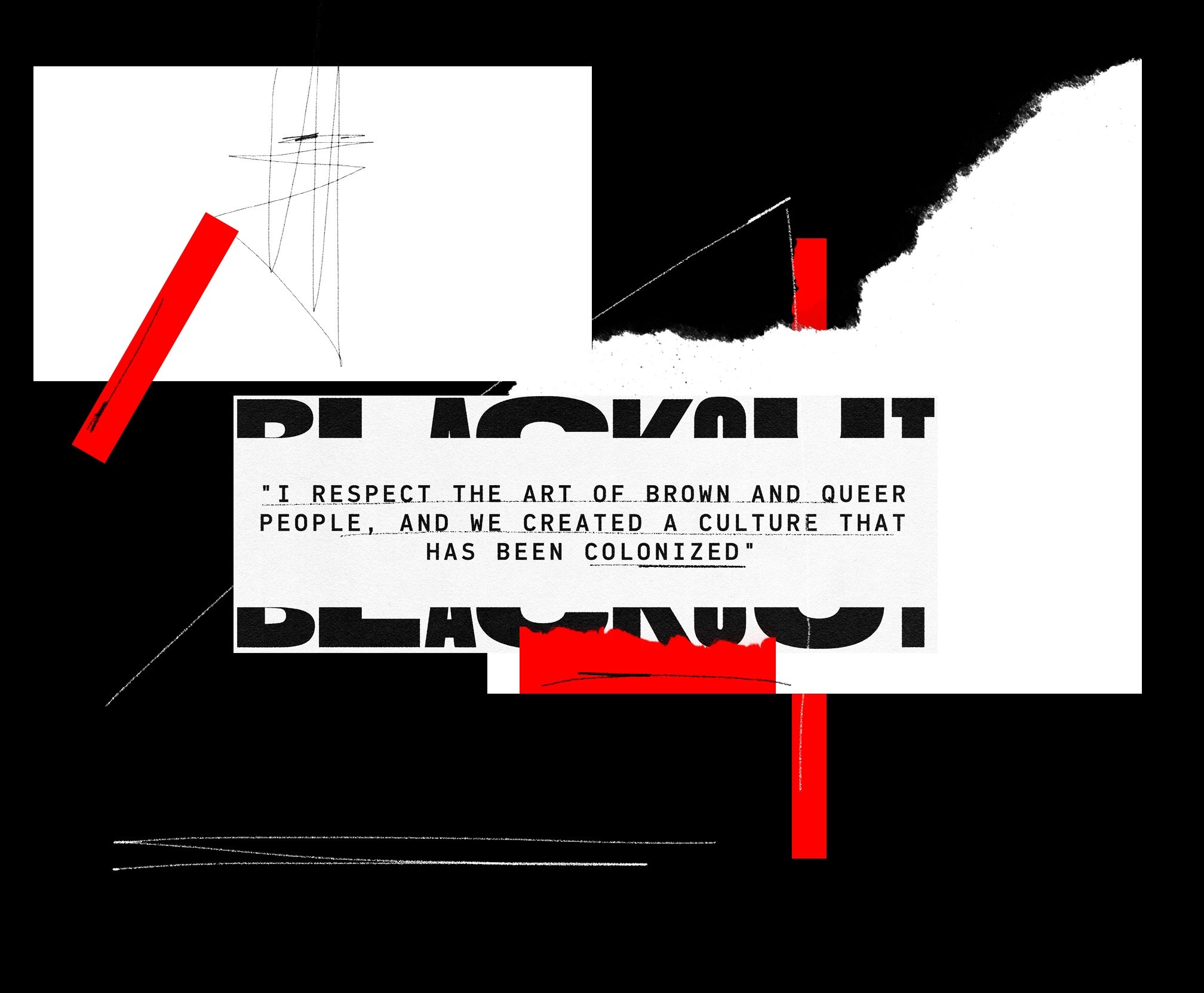
How are things in Berlin post-George Floyd? I saw you went to a protest recently, what was that experience like for you?
There's been a lot of discussion about how trans, non-binary, and queer people fit into the Black Lives Matter movement because it always feels like we have to choose. I'm supposed to align with my blackness but deny the other parts of me. There's also this conversation of why there isn't more support when violence and murder happen to Black women? It always seems that something has to happen to a Black man, then there's an uproar. It was interesting [in Berlin] because you saw all these Europeans gather together for Black Lives Matter. However, at the same time, there's still oppression against the Turkish community here, the Syrian community here, the refugees here, and the African people. I always loved one of the things that Indya Moore said, which is "all people of color, all dark skin people around the world need liberation, we can't pick and choose."
I felt like I was contributing my voice to something: it was great to see so much awareness of what's been happening for too long. I remember as a kid seeing what happened to Rodney King, and here we are 30 years later, and it's the same thing happening, but because there was no social media at the time, there wasn't this global reaction the way we have now. But it was great to see so many people from so many different walks of life participating in what I consider not only a Black Lives Matter movement but a human movement. It's about people being able to have the same rights or walk the planet the same way without fear of oppression by their skin color. It's great to be a part of the movement.
Do you feel more comfortable in your skin living in Berlin than you did when you were living in the States?
Well, I've had to learn how to feel comfortable in my skin, no matter where I roam in the world. I have to navigate just my nature of existence anywhere that I roam. So first, I had to get right with me being comfortable with me, no matter the country, the situation, or wherever I am. But I have to say, here they don't see me as a Black person, they see me as an American. It's a different dynamic when you come to Europe as an American, so now I have to navigate another intersectionality: nationalism. So do I feel more comfortable in my skin walking through Berlin? I feel more comfortable here now than I did in America because something like secret police could never happen here because they've already had that happen. What's happening with all that shit over there [the US] in that regard is frightening.
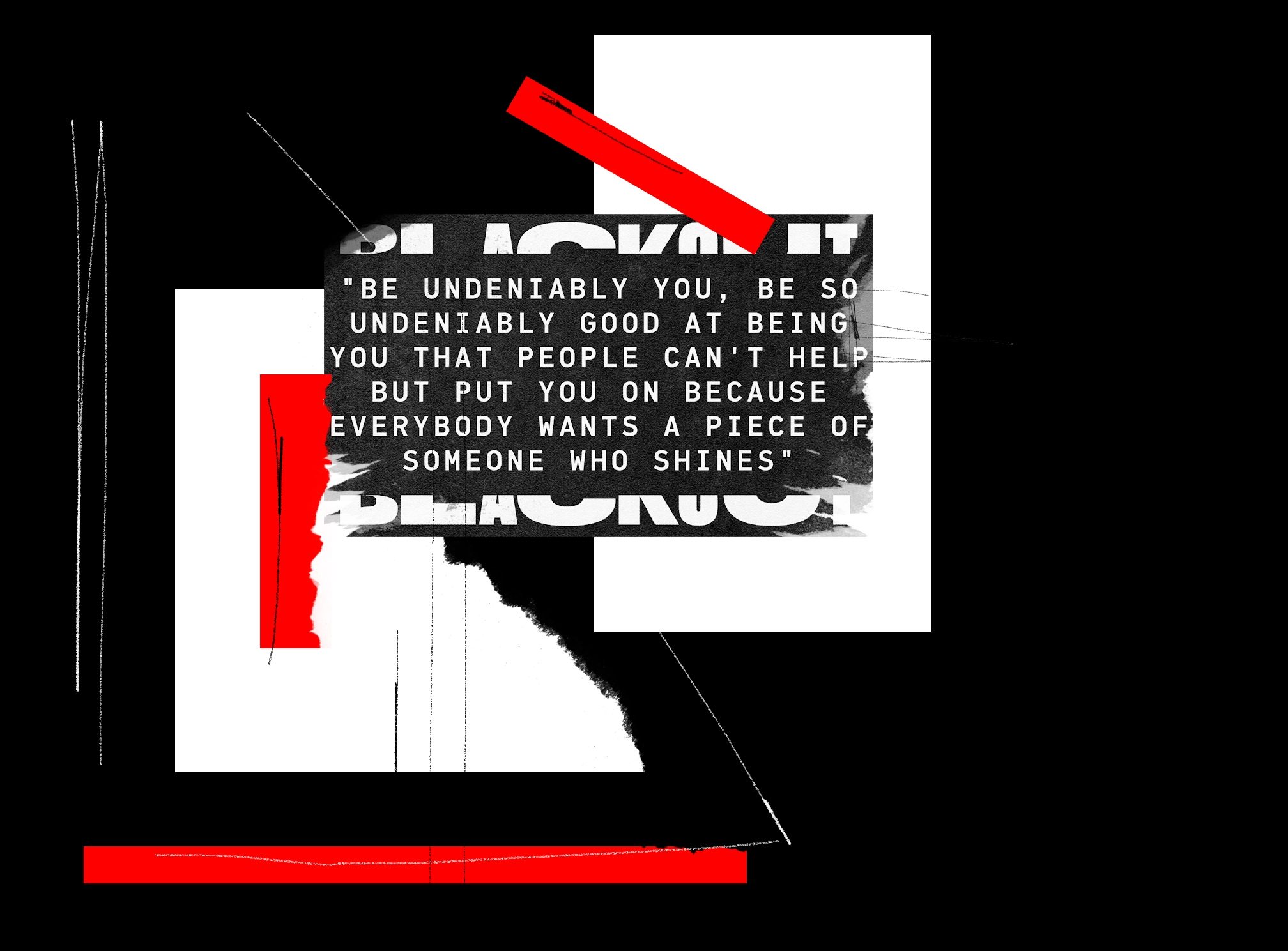
Many clubs are making apology statements, posting black squares, making promises to do better, etc. How do you feel about this? Do you think many clubs were racist or not representing Black, trans, or queer people the way they should have given that we're the founders of the music?
The answers in the question. Ever since I started my profile and started to get a bit of visibility as an artist, I've championed this culture’s roots. I don't live in the past musically, but that energy and artistry is something that I'm aware of; I know the shoulders that I'm standing on. I respect the art of brown and queer people, and we created a culture that has been colonized. Sometimes we're left out of the conversations, so I'm glad there is a conversation at least, and that people are looking at their receipts to include more women of color, more queer people. And to include not just the same Black male DJs in slots. What about the new kids? I mean, there are so many new young DJs like yourself. I can name so many people that aren't getting the spotlight because it doesn't fit a particular agenda. And honestly, I feel like the only reason that I'm here today is that five years ago, trans awareness started to happen; the "Me Too" movement started to happen. People began to become aware of the lack of female representation on line-ups. And so there's still a lot of work to be done because as far as I'm concerned until we're the ones running the festivals on the tour, the ones running the record labels, the ones running the agents, we're still asking for a seat at the table instead of creating our own.
Correct. We have seen a significant focus shift to women in the DJ industry these past five years. Were you not getting a lot of attention or press before that?
I started deejaying, and I transitioned at the same time, so it was two-fold for me, I was navigating a lot of shit. When I began DJing, there was no social media, and you had to have talent. You had to learn the craft, it was a different world, and I'm not saying it's better or worse, it just was what it was. There were very few women or queer people anywhere. No one would listen to my productions. I DJ’d in gay clubs because that was the only community that would hire me. And there was a misalignment for me sometimes because you know, I come from house music and I was in these environments where I had to adapt and play more pop things like a Madonna or Britney Spears record, I had to adapt to these things because that was what I had to eat. You know, I wanted to be a DJ. So, I would take the gigs that would support me financially and do the underground thing so I could at least find a balance in my life creatively.
It was a different world, and it was very, very much a boys club. I've been through the whole tech-house thing. I've been through the whole show. I've been through so many trends where it was just all dudes. It was very, very, very challenging. But I've had a couple of angels in my life that put me on, and believe it or not; I did it. In the mid-2000s, I used to go to Toronto quite a bit and played in North America and France. I played quite a bit. So, you know, I had people that believed in what I was doing as an artist, but yes, it was still challenging as hell.
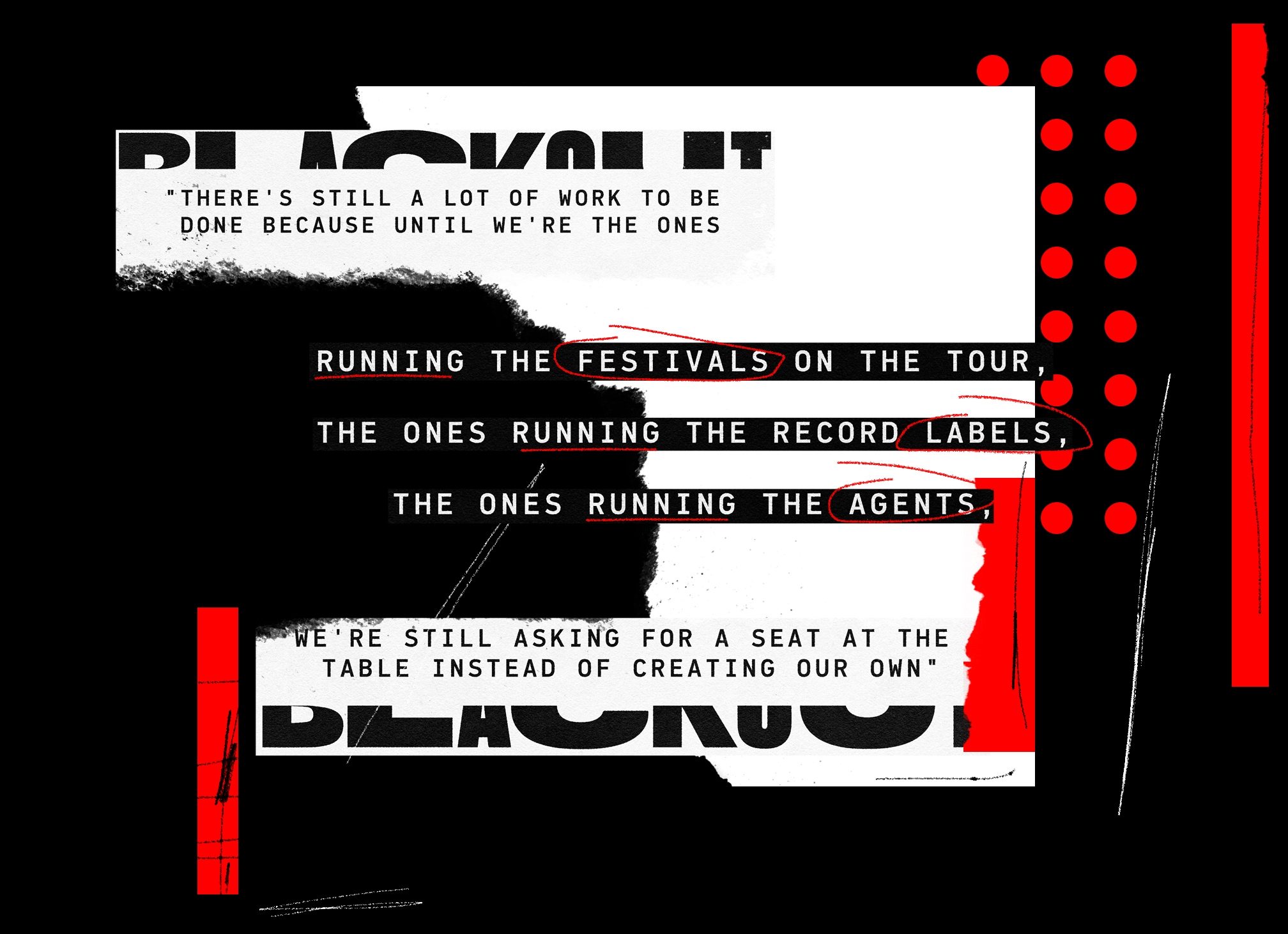
I read an interview you did in 2017, and you talked about the music you were coming up to in Chicago as a youth, and how it was attached to cultural and social change. Do you think the dance music coming out right now is still rooted in that?
We went from culture to entertainment. Once this music was colonized, it became entertainment, and the music reflects that. With the way DJ culture is going, festival after festival, I would sometimes do five to six shows in a row, and I would be on ten planes in a week. Where does that leave time for me to focus on the music? Where does that leave time for me to have something to say? As an artist, where does that leave time for me just to stop and breathe? You get in the circuit, and you forget what you're being paid to do. When I started making music, it was so that people could leave the club with something to hold on to. And I found in my set when I would introduce classic records; they would get the most reaction than the newer thing that was just released. It's easy to get a bunch of machines and only use effects. It's the emperor's new clothes, all these bells, and whistles.
My friend Derrick Carter always said the difference between what happened in America and what happened in Europe is that in America, it was more about how the music felt. In Europe, it was more about how the music sounded, soundscapes, you know, pushing the sound forward without putting any emotion into the music. That could be a controversial statement for many people because everyone feels differently or passionately about the music they make and the music they play. It's just a proposition before anybody catches feelings and another way to think about what the fuck you are doing. I’m not saying one is better than the other, it's a critical thought, take with it as you may, but I always felt like, with the way the music was going, it was becoming so disposable.
Do you ever feel afraid or hesitant to speak out on issues regarding race because of people's potential negative responses?
I choose my battles because I often find that social media isn't a place to have critical thought discussions. Most people react instead of engaging, and they respond from their perspective, their experience, what they know. I choose to have these conversations in areas where it may be contextual – I don't find social media to be very contextual. I decide when I want to say things that may be controversial or confrontational in a way that gets people to engage because a lot of times, people feel attacked, or like "oh, is she saying this in a certain way?" And that's not how it is. So it's not that I'm afraid to say things in public because of my profile, I just choose where I want to come in. I've also learned not to care what total strangers think about how I feel. If you don't like what I have to say, you have your own social media page; you can talk shit about me over there.
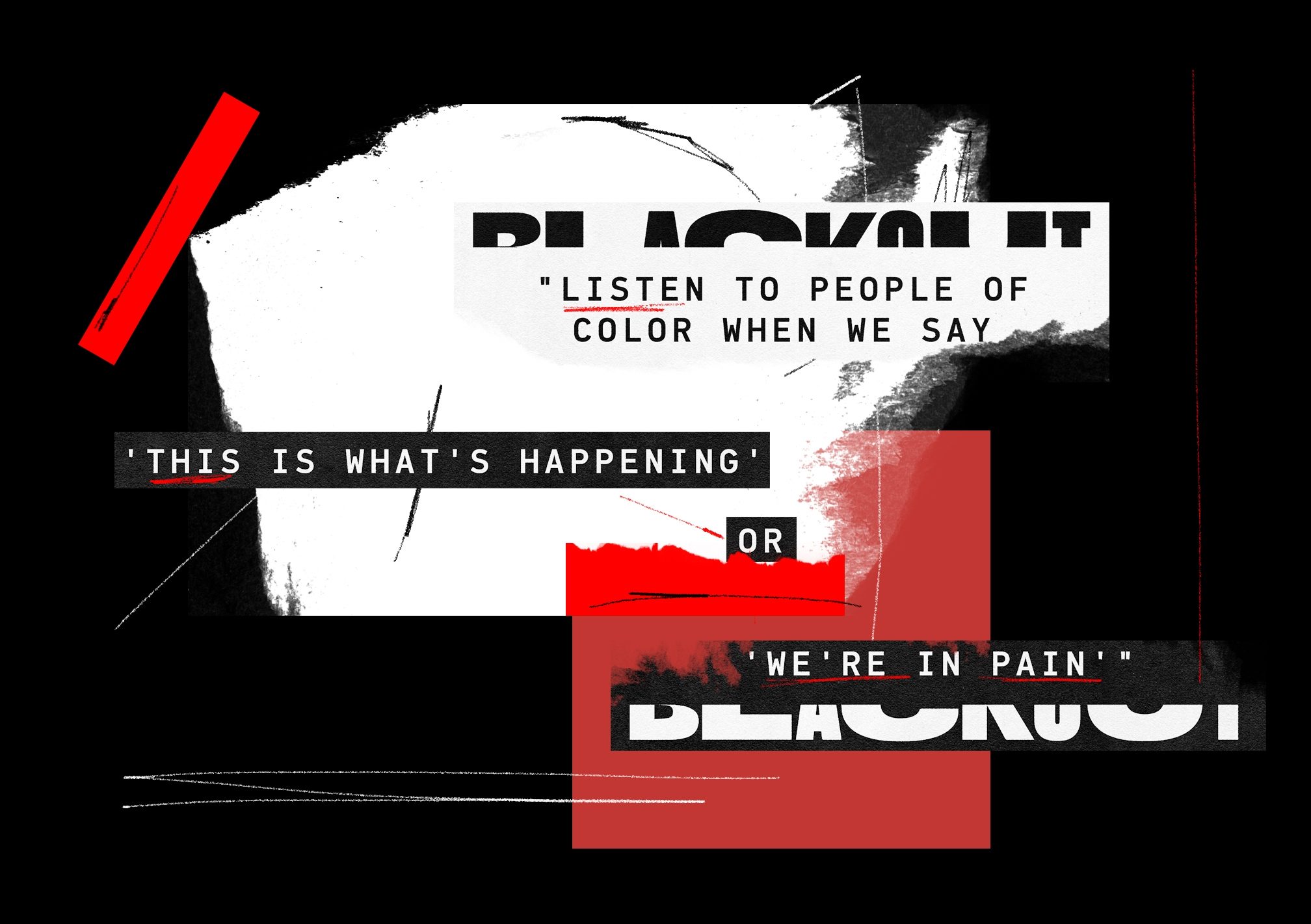
Is there anything you want to say to your fans or followers that may challenge the Black Lives Matter movement or to the people who don't think that there's racism in dance music?
If you don't like what I have to say, then you do the work. I can't make you feel comfortable. I'm not here for that. I'm here to showcase my experience, talk about my life, share, and if you don't like what I have to say, there are seven billion people on the planet, follow the bitches that you want to hear. I don't need you to negate me because you're not comfortable with what I have to say. Listen to people of color when we say, "this is what's happening," "we're in pain," or "this is what happens when...." Don't challenge us because you haven't walked in those shoes. You can't tell me how I'm supposed to feel in the world.
You know, there's going to be racism, sexism, transphobia and homophobia in dance music, I don't understand why everyone thinks it's like this utopia, a world that doesn't exist outside of anything else. There is a lot of work that needs to be done, and it would be great if we could get to the point where we're not even having this conversation. So I think that's the goal, to be where we don't have these discourses, where it can just be about you as an artist, as a DJ, and if you can beat the box.
Have you had any experiences with racism throughout your career?
I have to say things have been pretty well, except when I went to Dubai. That was a bit of a mindfuck. But no, because I usually choose not to go to places where there is a lot of homophobia, transphobia, racism, or anti-women practice. I choose not to go to places that culturally do not uplift. My mouth is too big. No one wants to fuck with me. I guess I’ve said so much shit along the way that people know not to fuck with me. I've been pretty fortunate. I've never had to deal with any sexism or racism or transphobia – my management and booking agent do an excellent job making sure that I'm in the right places. I've been very fortunate in that respect.
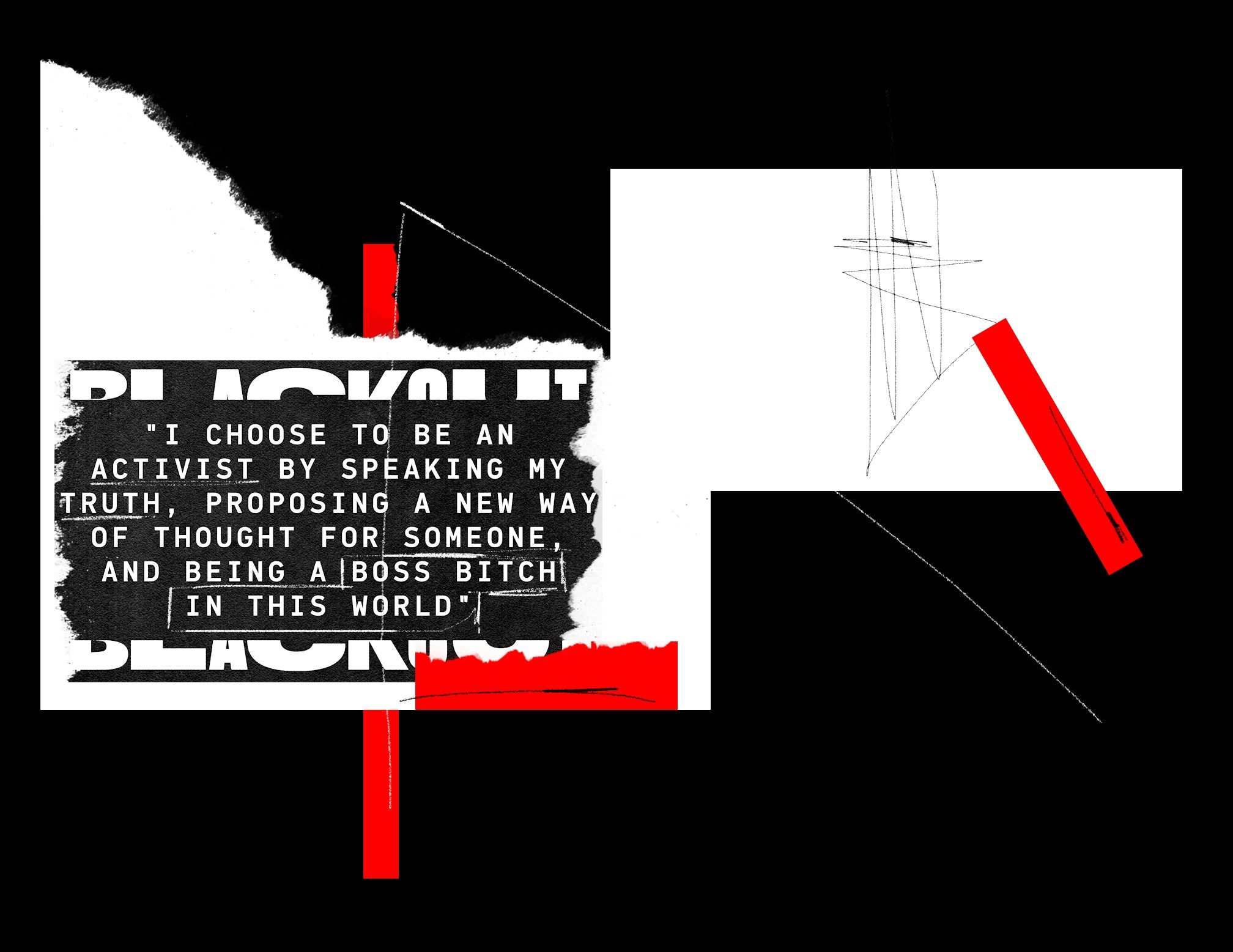
What is activism to you?
It's living authentically and unapologetically. That's one way because when being confrontational, your nature is a form of activism. There's a lot of value in protesting publicly, but we make a lot more change in our daily lives, not just this one time we march. It's also when we engage with people that we work with or our family. Activism comes in every facet of your life. It's not just what you put on social media. You know, standing up to your partners. I still have to educate people that I love – that's a form of activism. I choose to be an activist by speaking my truth, proposing a new way of thought for someone, and being a boss bitch in this world, creating my own shit, so I don't have to "ask nobody for nothin," as my momma says.
How do you feel about the artists formerly known as Joey Negro and The Black Madonna changing their names due to accusations of cultural appropriation?
I feel like what happened to Marea (TBM) was interesting because, as Derrick Carter tweeted, it's not like she was calling herself "jigaboo Madonna." It also seems like no one talks about what else Marea has stood up for, like women's and queer issues, and this situation discounted that. For whatever reason, she chose that name, that is her business, I was never really offended. Like I said earlier, I don't think social media is the place for these types of discussions. I think the mistake artists make is that they wait too long to respond, and things keep building and building. You have to cook when the stove is on, you can't wait for leftovers, and then be like, "ooooh, is that good?" But I think if this is an opportunity for white artists to self reflect and take a look at themselves, I think something positive has come out of it.
Any advice to Black, trans, or others from marginalized communities that want to get involved in dance music?
If I can give anyone any information, first of all, learn where this shit comes from. Take your time, learn the craft, have something to say. One of my biggest hashtags is 'be the thing you wish to see,' that's my mantra. Be undeniably you, be so undeniably good at being you that people can't help but put you on because everybody wants a piece of someone who shines. I've been in rooms where people have had that conversation like "we're going to make the next female superstar deejay." And you know, the pretty girl, as always, is to the front of the line, but you have to realize that pretty is replaceable, you can never replace talent, your story or your authenticity.
Ash Lauryn is a DJ and journalist. Follow her on Twitter here
